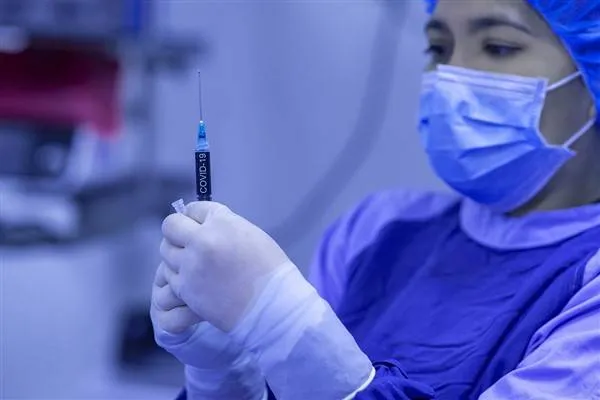WHO’s new report highlights the importance of infection prevention and control programs
Geneva, November 29 (Hibya) – The World Health Organization’s (WHO) new report emphasizes the necessity of continuous investment in infection prevention and control programs.
A statement from WHO highlighted that nearly five years have passed since the first report of COVID-19, and a new global report on infection prevention and control indicates slow progress in addressing critical gaps in preventing healthcare-associated infections.
The statement noted that a large portion of hospital-acquired infections can be prevented through improved IPC practices and basic water, sanitation, and hygiene (WASH) services, which are highly cost-effective "best buys" to reduce antimicrobial resistance (AMR):
“The report reveals that while 71% of countries now have an active IPC program, only 6% fully meet WHO’s minimum IPC requirements for 2023-2024. This falls significantly short of the target of over 90% by 2030 outlined in WHO’s Global Action Plan and IPC monitoring framework. Furthermore, the report emphasizes that the risk of patients acquiring infections during healthcare delivery in low- and middle-income countries (LMICs) can be up to 20 times higher compared to high-income countries (HICs).
British News Agency
















